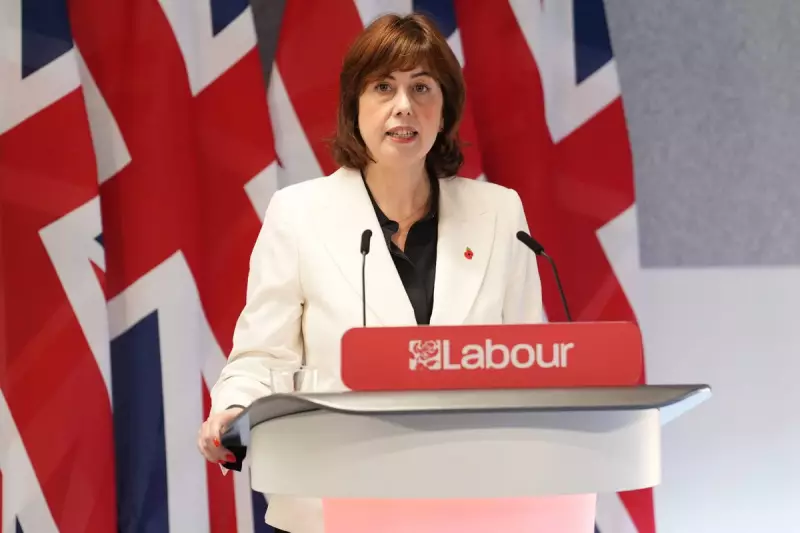
In a significant pre-election commitment, Labour's Shadow Cabinet Office Minister Lucy Powell has declared that her party will not increase taxes for "working people" if they form the next government.
The bold pledge comes as Labour positions itself as the party of fiscal responsibility while maintaining support for ordinary taxpayers. Powell's statement reinforces Shadow Chancellor Rachel Reeves' previous assurances about Labour's approach to taxation.
Defining the Boundaries
When pressed on BBC's Sunday with Laura Kuenssberg about what constitutes "working people," Powell provided clarity: "People who are out there working, paying their taxes, being rewarded for their work."
This definition appears to exclude pensioners and those not in employment, though Powell emphasised that Labour's broader economic strategy would benefit all sections of society through economic growth and stability.
Fiscal Framework Under Scrutiny
The commitment forms part of Labour's carefully constructed fiscal framework, which has seen Rachel Reeves promise to be the UK's "first green chancellor" while maintaining strict spending discipline.
Conservative critics have questioned how Labour can reconcile these tax promises with their ambitious spending plans, particularly regarding green investments and public services.
Political Strategy Unveiled
Political analysts suggest this tax pledge represents a strategic move to counter Conservative claims that Labour would implement widespread tax increases. By making specific commitments, Labour aims to reassure swing voters while maintaining room for manoeuvre on other revenue streams.
Powell's interview also touched on broader economic challenges, acknowledging the "difficult circumstances" facing any incoming government but emphasising Labour's readiness to govern.
Election Battle Lines Drawn
With a General Election expected within the next year, tax policy has emerged as a key battleground. Both major parties are positioning their fiscal offers to appeal to middle-income voters while addressing the UK's significant economic challenges.
As Powell concluded: "We want to make sure that work does pay and that people are rewarded." This messaging will likely form a central pillar of Labour's election campaign as they seek to return to government after 14 years in opposition.






